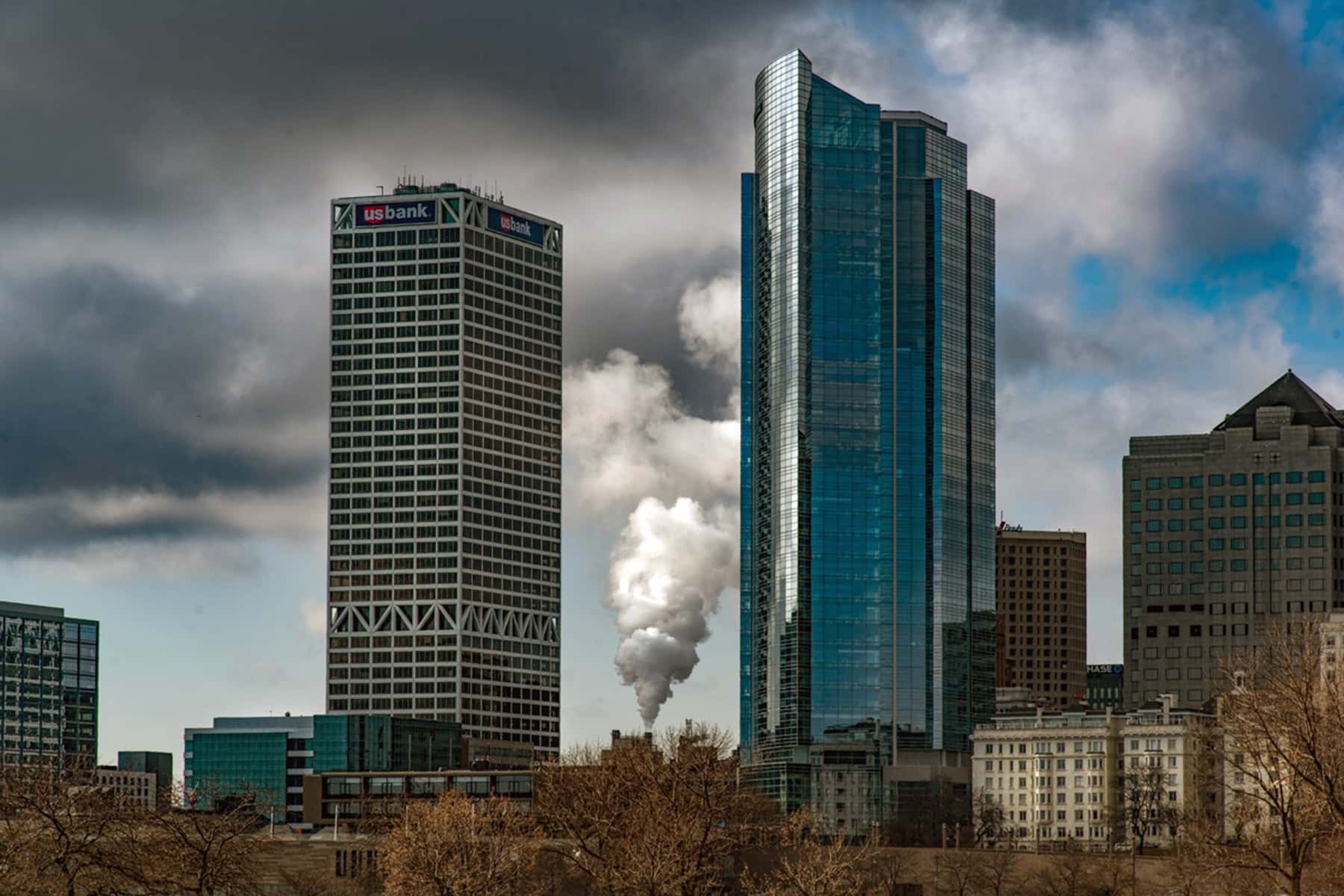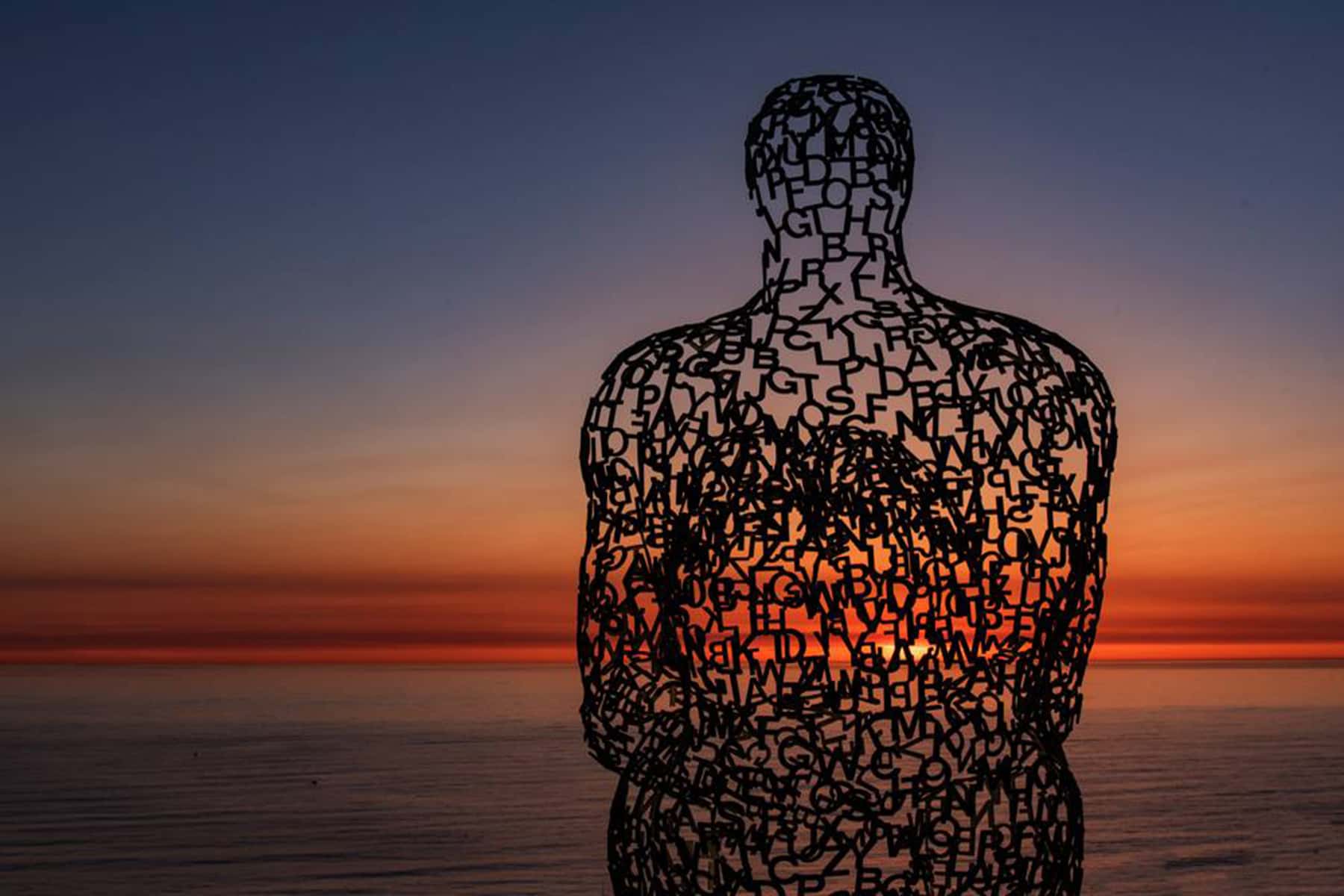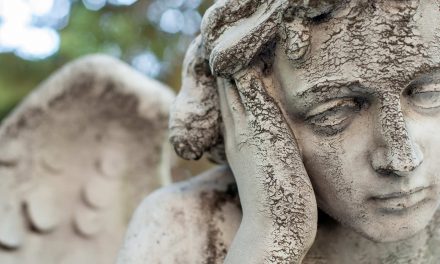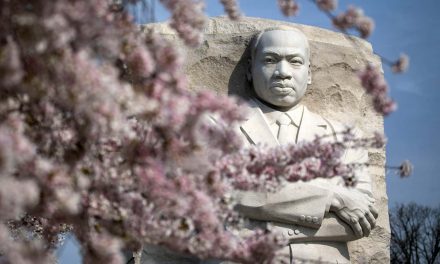
As the pandemic continues, I gaze out my window at the quiet street in front of my house. I look with wonder at the paradoxical unity, “the shared humanity” I feel in the emptiness.
We are barely in contact with one another, yet something profound is happening. At the same time, nothing at all is happening. This is not the picture of change I have envisioned for most of my life. But more to the point, COVID-19 is not the beginning and end of the crises humanity finds itself in; it’s just the ironic interruption of business as usual.
Suddenly we are doing something different. Suddenly we are addressing a potential disaster at every level of civilization; and we’re addressing it transnationally. The quiet emptiness of the street I live on—in the middle of Chicago—reflects the whole planet. This is what makes it all bearable.
And maybe, maybe, it means we are capable of dealing, collectively, with other looming disasters—disasters even larger in scope than a possible pandemic. Indeed, believing that begins illuminating the current circumstances. Perhaps this is the beginning of change beyond the scope of our imagination.
I begin with some observations and questions posed by Charles Eisenstein in his essay called “The Coronation.” He points out, among other things, that last year, five million children on the planet died of hunger. He also cites other ghastly statistics, regarding deaths by suicide and drug overdose and even obesity; and Reynard Loki makes the point that 7 million people die from the effects of air pollution every year, all of which seem to produce a global “so what” as the powers that be, and most of the rest of us, continue to pursue business as usual. “Why, for that matter,” Eisenstein asks, “are we not in a frenzy about averting nuclear Armageddon or ecological collapse, but, to the contrary, pursue choices that magnify those very dangers?
“Why, until now, has society been so frozen in its existing trajectory?”
This has to be the starting point in attaining understanding of today’s circumstances. I shout the question at the empty street outside my window.
Eisenstein goes on: “The answer is revealing. Simply, in the face of world hunger, addiction, autoimmunity, suicide, or ecological collapse, we as a society do not know what to do. Our go-to crisis responses, all of which are some version of control, aren’t very effective in addressing these conditions. Now along comes a contagious epidemic, and finally we can spring into action. It is a crisis for which control works: quarantines, lockdowns, isolation, hand-washing; control of movement, control of information, control of our bodies. That makes COVID a convenient receptacle for our inchoate fears, a place to channel our growing sense of helplessness in the face of the changes overtaking the world. COVID-19 is a threat that we know how to meet.”
We can define this crisis as our latest war and set out to win it—at a time, as Eisenstein points out, when “most of our challenges no longer succumb to force.”
Our missiles, our prisons and our pesticides have made matters worse. The most ridiculed phrase of the 21st century is “mission accomplished.” But fighting COVID-19 is not only necessary but seemingly doable.
And here we are, as Eisenstein says, at the crossroads of change. The sudden emergence of a new virus has put us there, but now, having stopped the world as we know it, having confronted the crisis at an extraordinary divergence of levels, from institutional to individual, the time has come to see beyond it. We are not “at war.” Nor will the state of crisis the planet is in go away with the development of a COVID-19 vaccine—that is to say, with our “victory” over the virus.
Eisenstein asks a further question: “What world shall we create?”
“We live in an age in which intersecting crises are being lifted to a global scale,” writes World Health Organization researcher Arthur Wyns, “with unseen levels of inequality, environmental degradation and climate destabilization, as well as new surges in populism, conflict, economic uncertainty, and mounting public health threats. All are crises that are slowly tipping the balance, questioning our business-as-usual economic model of the past decades, and requiring us to rethink our next steps.”
And Ted Morgan asks: “What would life be like if we normally acted as if we were all one? What if our political and economic systems were not structured around being competitors, adversaries and enemies of others, systematically repressing our fundamental empathy for our fellow humans?”
In other words, we could be on the verge of creating a new, far saner normal. We haven’t totally stopped business as usual, of course. Just ask Donald Trump. Just ask the justices in the Wisconsin and U.S. Supreme Court who forced the Wisconsin primary to go forward on Tuesday despite the chaos and danger.
But now that we’ve slowed things down, we have to bring collective change in thought and behavior to bear on those other issues confronting us. You know: war, poverty, the pandemic of violence, the resurgence of racism, carbon emissions, the devastation of rainforests, the collapse of a life-sustaining ecosystem.
In all of these cases, the enemy is not some certified Other that has it in for us, that wants to defeat us, but our own greed, ignorance and self-denial. My hope is that we are at the dawn of a revolution of awareness.















